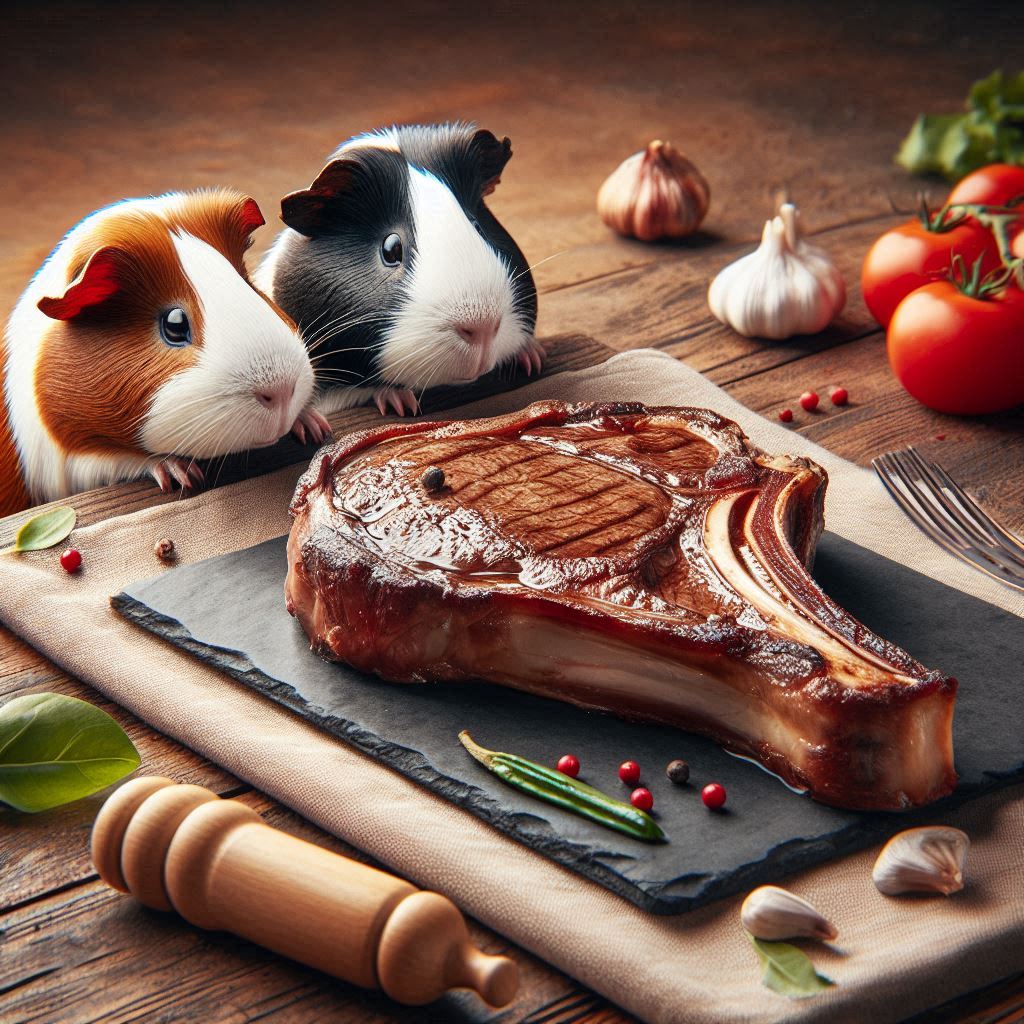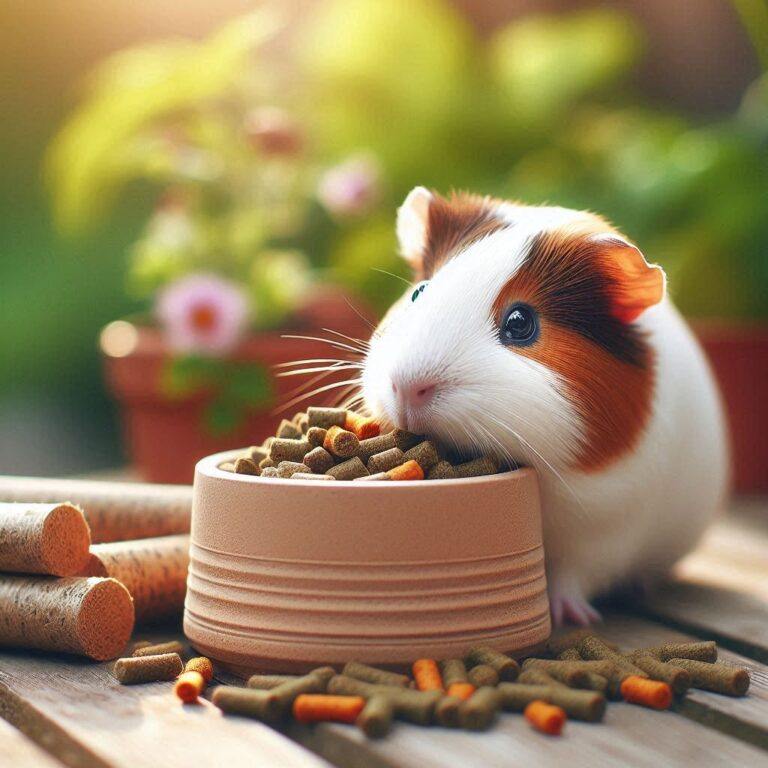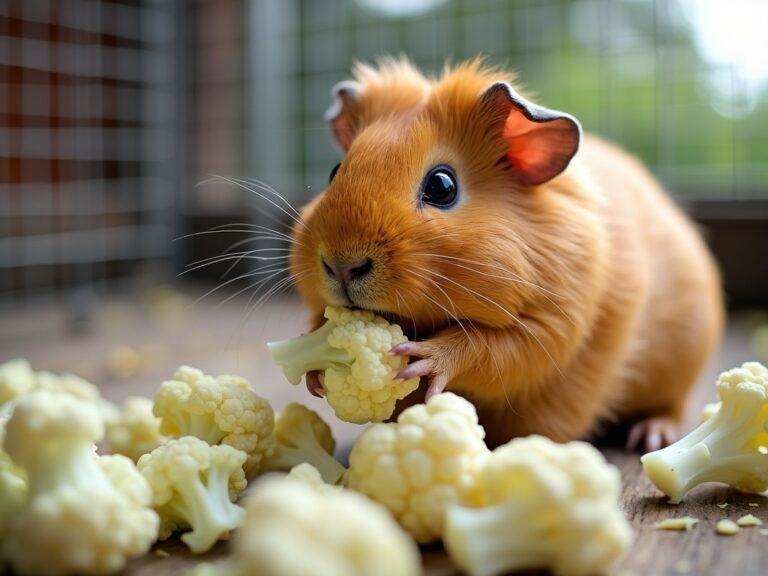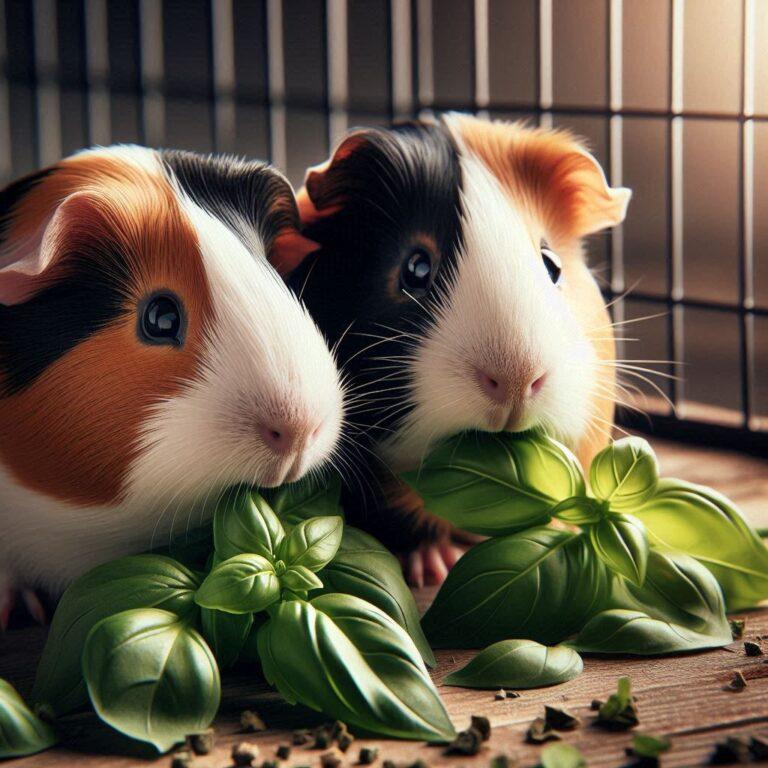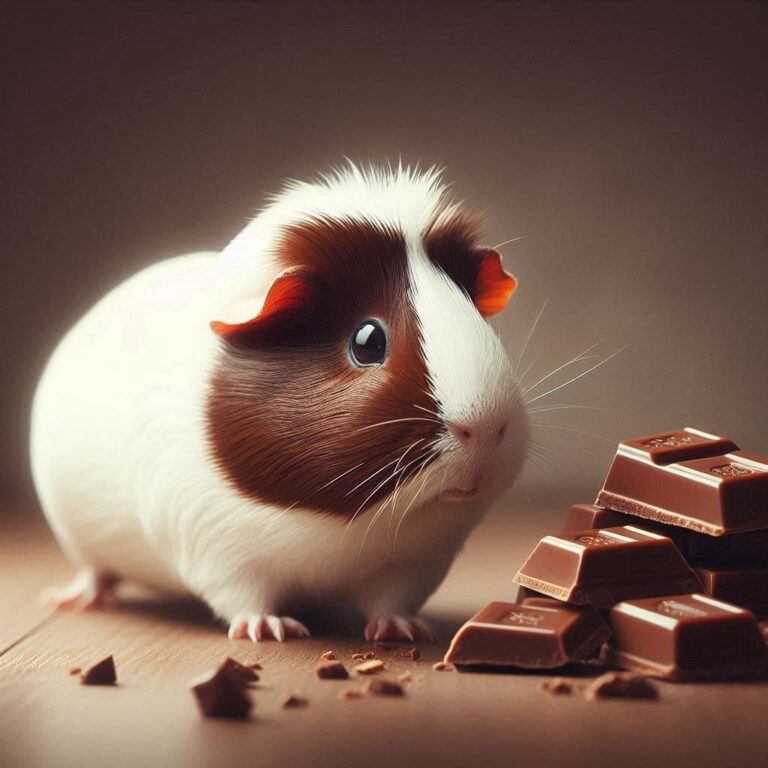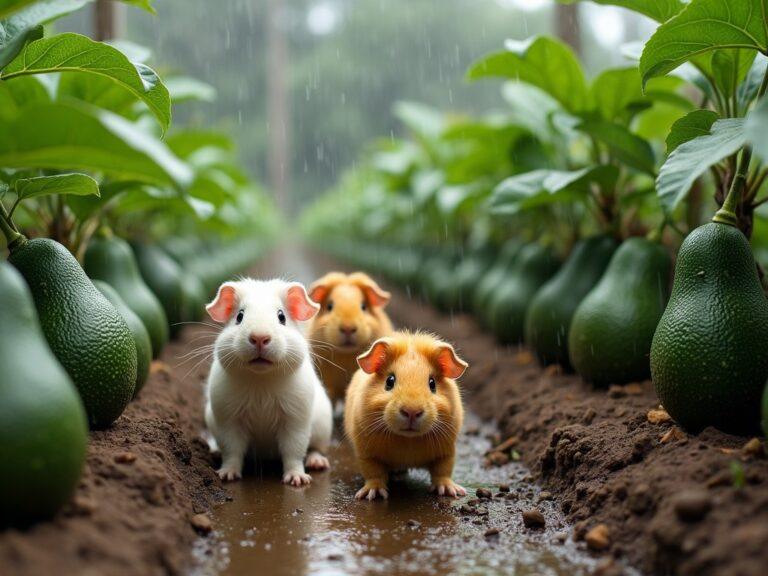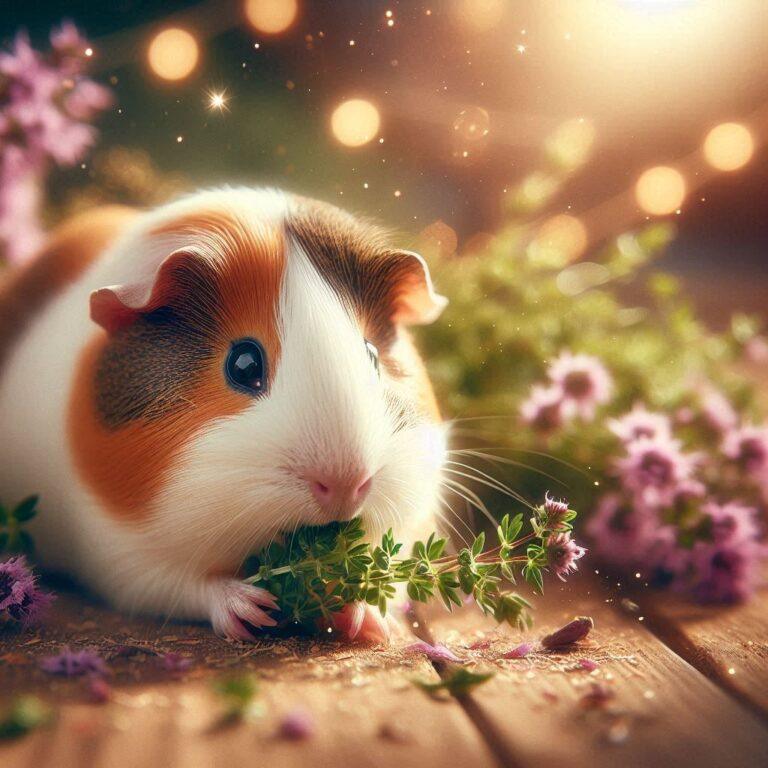Can Guinea Pigs Safely Eat Beef
Guinea pigs cannot safely eat beef. As strict herbivores, their digestive systems are not designed to process meat. Feeding beef to guinea pigs can lead to serious health issues, including digestive problems, obesity, and potential blockages.
Their bodies lack the necessary enzymes to break down animal proteins, making beef and other meats harmful and potentially life-threatening for these small pets.
I’ve been caring for guinea pigs for years, and I can’t stress enough how important it is to understand their dietary needs.
These adorable little animals have specific nutritional requirements that are vastly different from what we humans eat. Let’s look into why beef is off the menu for guinea pigs and what you should be feeding them instead.
Why Beef Isn’t Suitable for Guinea Pigs
Guinea pigs have a unique digestive system that’s built for processing plant matter. Their gut is long and complex, designed to extract nutrients from fibrous vegetation.
When you introduce meat like beef into this system, it causes more harm than good.
The digestive tract of a guinea pig simply can’t handle animal proteins. They lack the necessary enzymes to break down these proteins efficiently. This can lead to a range of problems:
• Digestive upset: Beef can cause diarrhea, bloating, and gas in guinea pigs.
• Nutritional imbalance: Meat doesn’t provide the nutrients guinea pigs need and can interfere with the absorption of essential vitamins and minerals.
• Obesity: Beef is high in fat, which can lead to unhealthy weight gain in guinea pigs.
• Kidney strain: Processing animal proteins puts unnecessary stress on a guinea pig’s kidneys.
• Intestinal blockage: In severe cases, consuming meat can cause blockages in a guinea pig’s digestive tract.
From my experience, even small amounts of beef can cause issues. It’s simply not worth the risk to your pet’s health.
What is a Proper Diet for Guinea Pigs
Now that we know beef is off-limits, let’s talk about what guinea pigs should be eating. A proper guinea pig diet consists of three main components:
Hay: This should make up about 70-80% of your guinea pig’s diet. Timothy hay is an excellent choice, providing the fiber necessary for good digestive health.
Fresh vegetables: About 10-15% of their diet should be fresh veggies. Some good options include: Bell peppers (high in Vitamin C), romaine lettuce, cucumber, and carrots (in moderation due to sugar content)
Pellets: A small amount of high-quality guinea pig pellets (about 5-10% of their diet) can help ensure they’re getting all the necessary nutrients.
It’s crucial to introduce new foods gradually to avoid digestive upset. I always recommend starting with small amounts and watching for any adverse reactions.
Fresh water should always be available. I change my guinea pigs’ water daily to ensure it’s clean and fresh.
Safe Protein Sources for Guinea Pigs
While beef and other meats are off-limits, guinea pigs do need some protein in their diet. The good news is they can get all the protein they need from plant-based sources.
Some safe, protein-rich foods for guinea pigs include:
• Leafy greens like kale and spinach
• Peas
• Alfalfa hay (in moderation, especially good for young or pregnant guinea pigs)
When it comes to treats, stick to healthy, natural options:
• Small pieces of fruit (apple, strawberry, melon) – no more than 1-2 times a week due to sugar content
• Commercial guinea pig treats (in moderation)
Remember, treats should make up no more than 5% of your guinea pig’s diet. Overfeeding treats can lead to obesity and other health issues.
Portion control is key. A good rule of thumb is to feed about 1 cup of fresh veggies per 2 pounds of body weight daily, divided into two meals.
Keeping Your Guinea Pig Healthy and Happy
Guinea pigs are herbivores and should never eat beef or any other meat, and their diet should consist mainly of hay, supplemented with fresh vegetables and a small amount of pellets.
Safe protein sources for guinea pigs are plant-based, and found in leafy greens and certain types of hay.
By sticking to a proper diet, you’re setting your guinea pig up for a healthy, happy life. Remember, every guinea pig is unique, so always consult with a vet if you have concerns about your pet’s diet or health.
In my years of experience with these wonderful little animals, I’ve found that a proper diet is the foundation of good health.
By avoiding foods like beef and focusing on what guinea pigs are naturally designed to eat, you’re giving your pet the best chance at a long, healthy life.
It’s not just about avoiding harmful foods – it’s about providing the right nutrition to help your guinea pig thrive.

